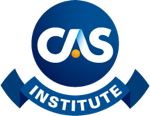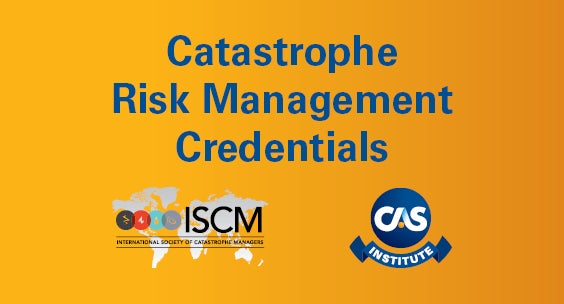The CAS Institute (iCAS) is finalizing the topics for its second Predictive Analytics Community of Practice Event on Monday, March 19th. This full-day event, scheduled for 9:00 a.m. to 4:30 p.m., is designed for advanced practitioners working in the area of Predictive Analytics/Data Science, and will include panels, presentations, and roundtable discussions of advanced topics in predictive analytics both within and outside of the insurance fields. Registration preference will be given to iCAS members. Registration for the RPM Seminar is not a prerequisite of attendance.
Modeled after last year’s successful Community of Practice Event, we are planning a series of short (50 -60 minute) sessions to allow for a variety of interests and topics. Some of the proposed topics include:
- Bringing Actuarial Science into the Data Science Fold
- Claims Analytics
- Social Implications of Using Data
- Data Preparation Tools
- New (and classic) data science books we need to know about.
- Research opportunities available to members of The CAS Institute
- CSPA continuing education requirements
There will be multiple opportunities for networking, including at an iCAS-sponsored reception from 4:30-5:30 pm immediately following the Event.
Details on some of the topics follow.
Claims Analytics – presented by Ron Lettofsky
The largest expense items for the vast majority of property and casualty insurance companies are for loss payments and loss adjustment expenses for insured claims. It is important that insurers understand those claims and what’s driving them. Traditional actuarial loss reserving methods respond too slowly to be truly informative of changes underlying claims trends. This presentation will be about my work in claims analytics. I’ll cover some simple approaches to claims analytics and quickly move towards more thorough ways to model claims characteristics, such as identifying opportunities for claim recoveries, identifying fraudulent claims, performing claims triage, predicting claim severity and loss reserves.
Ron Lettofsky, Arity
At Arity, Ron analyzes vehicle driving behavior to help insurers improve their pricing algorithms. Ron used to build claim models at Fireman’s Fund and Allianz, and was the chairperson of the CAS Claims Level Analytics Working Party.
Bringing Actuarial Science into the Data Science Fold – presented by Chris Monsour
In his presentation, Chris will focus on three things:
- The easy availability of massive amounts of information that we used to rely on agents and underwriters to collect at high cost and questionable accuracy, or that used to not exist;
- Re-casting loss development as a missing-value imputation problem;
- Re-casting credibility theory as a hierarchical modeling problem.
Christopher Monsour, CNA.
Chris joined CNA in 2011 and, as Vice President, Analytics, leads predictive analytics support both for Distribution and for Specialty pricing and underwriting. He has done predictive analytics work in insurance for over two decades, including for a broad range of property/casualty lines and products, both personal and commercial. Prior to joining CNA he had experience at Travelers, Towers-Watson, and Allstate. Chris holds a master’s degree in Mathematics from the University of Chicago and bachelor’s degrees in Mathematics and Physics from the University of Maryland. He is also a Fellow of the Casualty Actuarial Society (CAS) and chairs an exam committee for The CAS Institute (iCAS).
Data Topics: Data Preparation Tools – presented by Louise Francis, Hernan Medina
In this session we will cover some of the data management and data preparation tools for predictive modeling. We will cover key tools used for querying and processing large datasets in predictive modeling projects such as SQL. This session will cover some of the basics of the SQL language.
Since many actuaries use R, the session will cover data pre-processing and Exploratory Data Analysis in R. It will introduce SQL related libraries such as SQLight. In addition, we will give an overview of data processing libraries covered by Roger Peng in his books R Programming for Data Science and Exploratory Data Analysis in R. Practical examples using R code will be posted to the web site. One of the libraries to be featured is “dplyr”.
This session will also introduce some features of the “caret” package that can be useful in data pre-processing.
Presenters: Louise Francis



